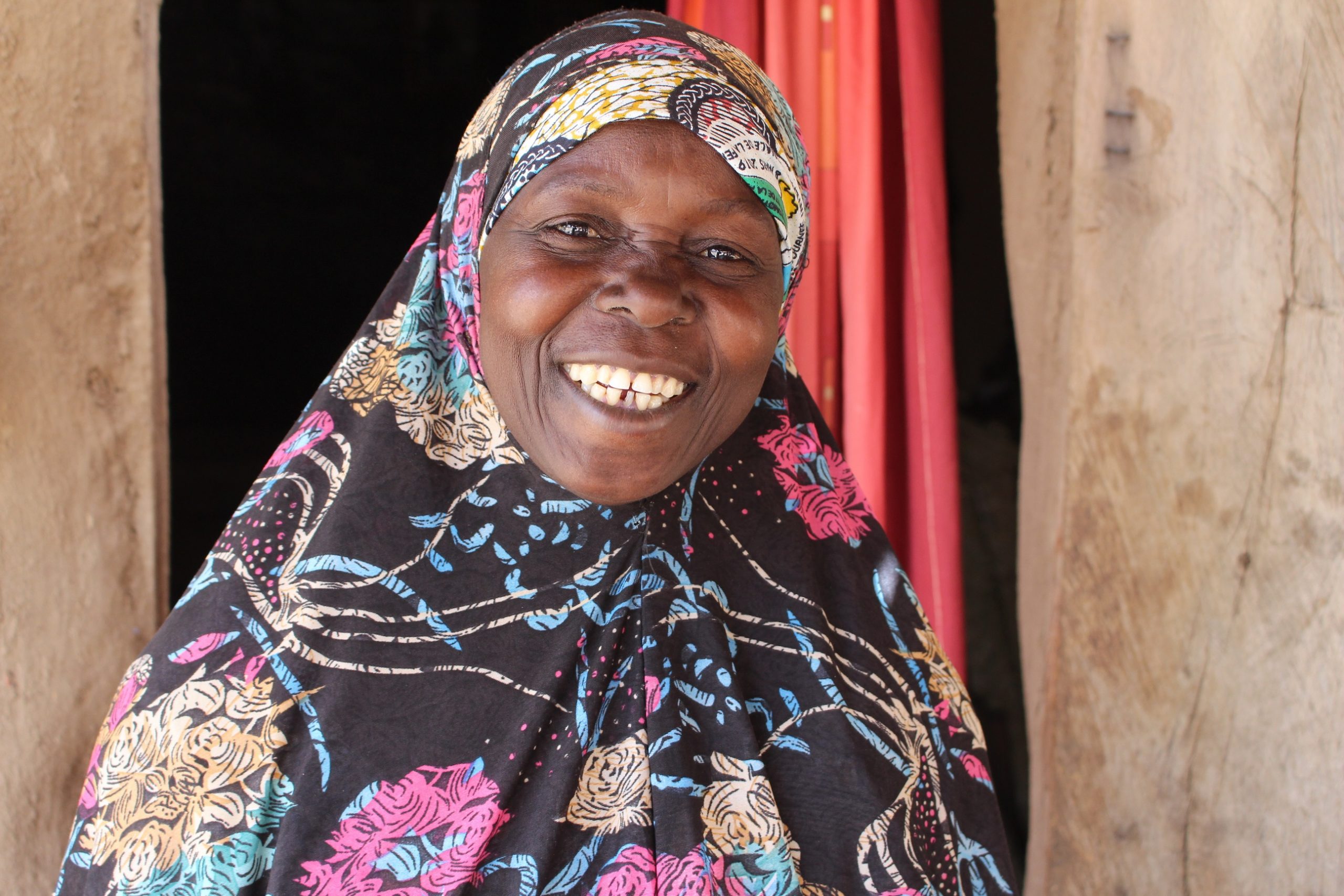Women in Mali are successfully growing more food for their families and the market, improving their health, food security, and communities while building resilience against climate change.
Farmers in the Koulikoro region in south-western Mali are amongst those who have contributed the least to climate change, yet suffer the most from its impact. Approximately 80 per cent of Malians rely on farming or fishing, and have been hard-hit by erratic rains and increasingly frequent droughts and floods. Communities face rising food insecurity and poverty.
Around half of Mali’s farmers are women, who struggle to access land, water and fertilisers. Labouring on small plots with degraded soil, the women’s hard work yields poor returns.
“Last year’s crop was very bad throughout the village due to the rains stopping early. The harvest was scarcely sufficient for three months,” says Koura Sinayogo, a farmer and mother of six from Beneco village.
“It was total poverty throughout the village and the sadness was visible on our faces – especially we women who meet almost all the household expenses.”
Sowing the seeds of success
It was at this low point that Islamic Relief Mali began working with farmers in Diago, Dio and Ouelessebougou in Kati to improve the food security and resilience of 300 vulnerable households – around 1,800 people.
In Beneco village, 145 women and 155 men received training in climate-adaptive farming techniques before planting 77 hectares of land with an improved rice variety. A micro-dam was also built to store rainwater, providing irrigation throughout the dry season.

The resulting harvest was a great success, more than doubling the yield of rice from 800 kg to 1,800 kg per hectare, giving 136,800 tons of rice in total. The bumper crop cut the lean season of food scarcity down from six months to two.
“Without this production my family would not eat rice because we do not have the means to buy rice on the market. Thanks to the project, rice will no longer be a luxury but a staple,” said Koura, who benefited from the scheme, which was funded by Islamic Relief Canada.
Empowering women to defend their rights
To help establish more gender-equitable systems, Islamic Relief Mali is also empowering rural women to defend their rights and interests, as well as improving their livelihoods via market gardening. Involvement in decision-making processes and organised cooperatives is already boosting cooperation, solidarity and teamwork among local women.
“It has been salutary for me and all the women of the village,” explains Koura. “With the establishment of the rice producers’ cooperative, women found themselves in the management committee with men, which was not the case in the past.
“We advance our ideas, which are taken into account during meetings, we participate in all the trainings in sufficient numbers, and we access inputs and equipment the same as men.”
An initial 50 peer-educators from local cooperatives received training on women’s rights including land and inheritance rights, women’s advocacy, leadership and empowerment. They then went on to train 1,348 fellow cooperative members.
Putting their training into action, members of the unions of Diago and Dio approached local officials regarding women’s lack of access to state-subsidised fertilisers. Equipped with the tools for effective advocacy, the women successfully secured commitments that they will also benefit from subsidised fertilisers in the future.
Following this success, the unions are planning more advocacy actions to challenge inequalities in women’s economic empowerment, health, and education. Future plans involve grouping the unions into a federation for more powerful engagement with authorities and politicians.
Increasing food and incomes
Islamic Relief is also working with 1,000 women across 10 villages to establish vegetable production on market garden plots, supplied with water via solar power. A conservation and processing unit is being established to allow farmers to add value to their produce. Thanks to the training in production, processing and preservation, women have been able to improve nutrition at home, reducing malnourishment in children, as well as increasing incomes.
Islamic Relief Mali continues to work with communities living with the challenging effects of climate change, helping to strengthen resilience, improve food security and livelihoods, and empower women to tackle gender inequalities.
Support our life-changing work: donate today.










